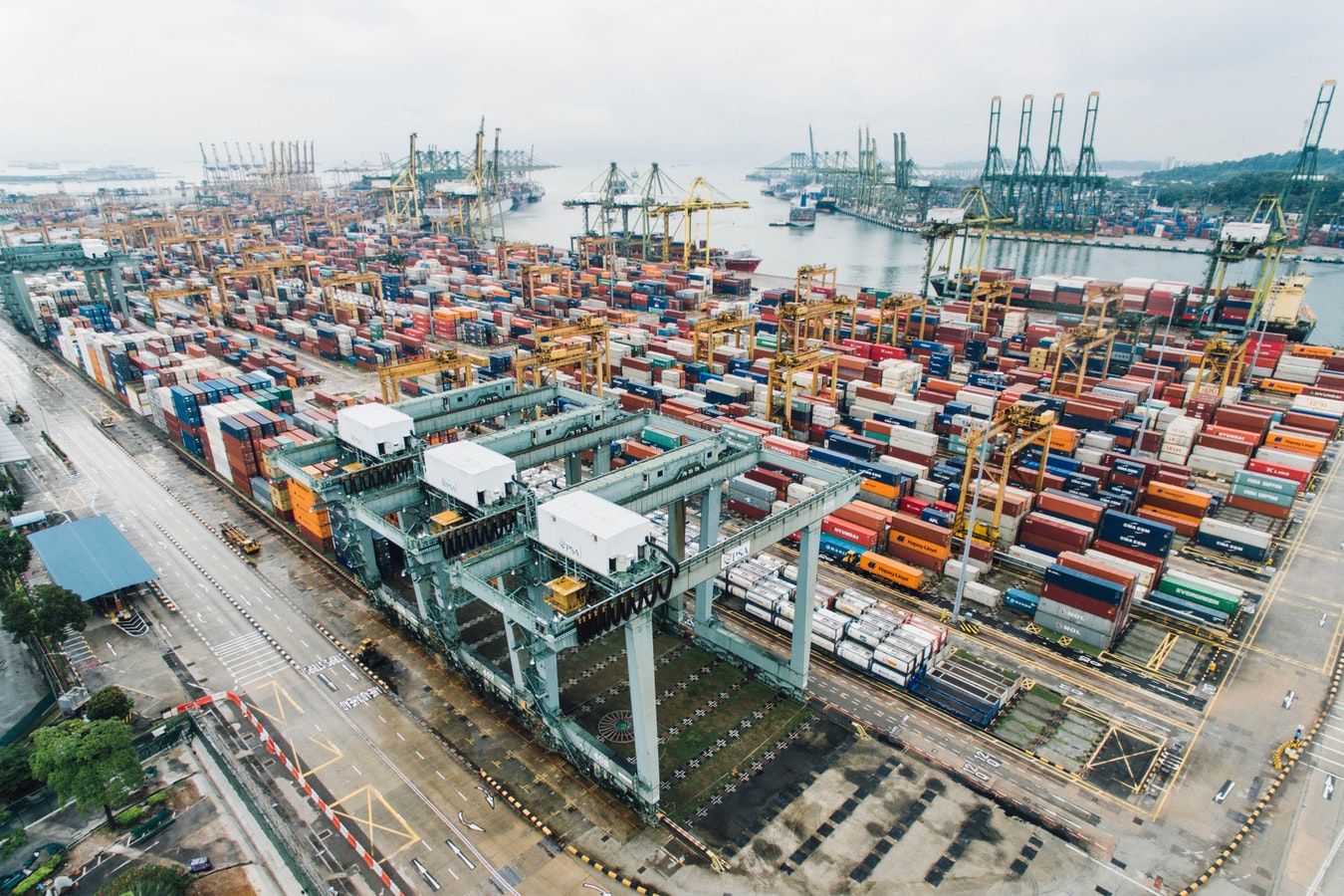What is even is a trade war and why you should care
As students, the news of Trump’s Trade war looming seem fairly distanced from our everyday lives. However, as reports of a trade war in the makings grow – is it perhaps time for the public, and students, to take a potential trade war seriously?
So naturally we start with the question ‘What is a trade war?’: It all stems from one country’s imposition of tariffs on imported goods in a country. Although this seems a fairly small change – it can lead to monumental costs for society overall, including job losses, and drained economies.
On the 8th of March this year, Trump announced that America would be imposing a 25% tariff on imported steel, and 10% on aluminium imported to the US. This is referred to as trade protectionism, and the initial aim of this is to preserve and boost sale of domestic products in the US.
Domestic producers will have a competitive advantage – as their products will cost less. As local producers’ businesses grow, more jobs will be created and preserved…
The idea is simple. If, for example, foreign steel is 25% more expensive than the US’s own steel, then the US’s own steel is more likely to be bought. In the short term, this means domestic producers will have a competitive advantage – as their products will cost less. As local producers’ businesses grow, more jobs will be created and preserved. A huge aspect of Trump’s presidential campaign was focused on resurrecting and boosting the country’s domestic industry – so it shouldn’t come as a big surprise that imposing these tariffs has been at the forefront of his role.
How, then, does Trump’s attempt to boost his own economy affect other countries? And how on earth could it possibly escalate to become this terrifying so-called trade war?
Well, the problem is that the US is the world’s largest steel importer. That means that there are numerous huge foreign steel industry producers who depend upon trade with the US. Countries such as China, Japan and Russia, who are among these producers, will see their steel targeted with tariffs. What will happen is that these countries will react with similar forms of trade protectionism – i.e increasing tariffs on US imports to their countries – which will hit various other industries in the US very hard. Furthermore, US domestic manufacturers who use imported materials for parts, would have to pay raised prices for the material which would cut into their profits – and the cost will be shifted to the consumer of a more expensive end-product.
Reduce the willingness of countries to engage in international trade – it means that the job roles we enter might be more introspective, and less international…
As a trade war escalates, it is easy to see how international trade becomes more restricted, because it becomes too costly for each country. Producers who before relied mostly on exports would suffer reduced sales abroad, and therefore risk collapsing completely – which would lead to job losses within each country’s exporter industry.
So, why should we be worried? Well, the EU is also affected by Trump’s attempt to protect domestic producers. Although Trump initially delayed the tariff against the EU, because he wanted the union to cut the existing 10% tariff on U.S automobiles, on the 31 May, he announced the tariff would also be imposed on the EU.
Here is where a trade war starts, and where it will affect EU residents. The EU will respond to Trumps tariffs with its own tariffs – on 3.5 billion dollars worth of exports from the U.S. The tariffs will take effect in early July, and will cover a range of US products – including bourbon, Levi’s jeans, and many more American products. Traders will shift the extra cost onto consumer, meaning that everyday imported products become increasingly costly – especially for us as everyday shoppers.
As students, this means that not only our jeans and whiskey become pricier, but even graduate jobs in certain industries might be harder to come by…
For us as students, not only does a trade war affect the prices we pay for certain products on an everyday basis – but also, in the long term, as it will reduce the willingness of countries to engage in international trade – it means that the job roles we enter might be more introspective, and less international. Some industries who rely on exports will suffer huge losses, making them more likely to cut jobs than create them. As students, this means that not only our jeans and whiskey become pricier, but even graduate jobs in certain industries might be harder to come by, and more competitive to get into.

Comments